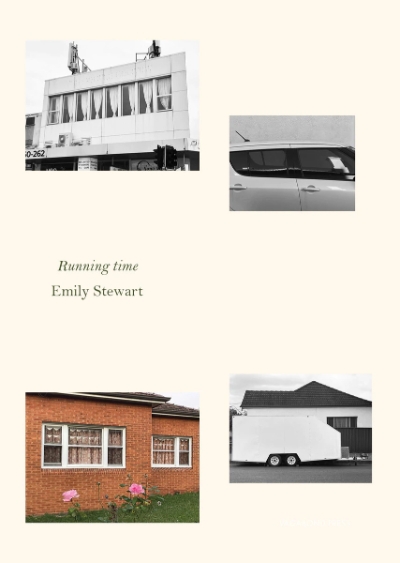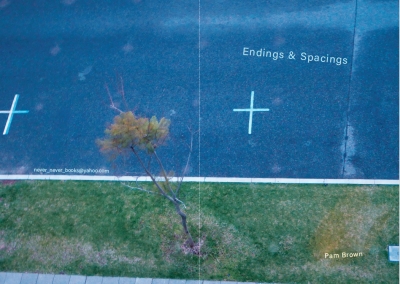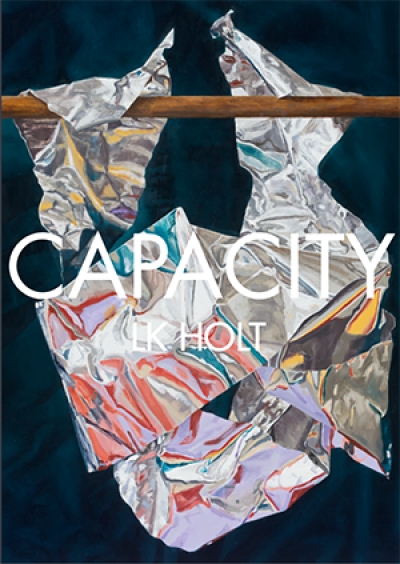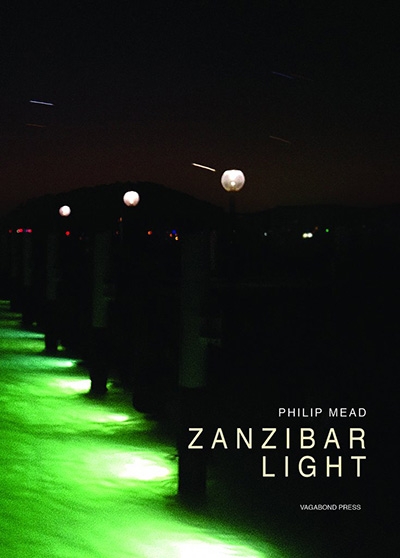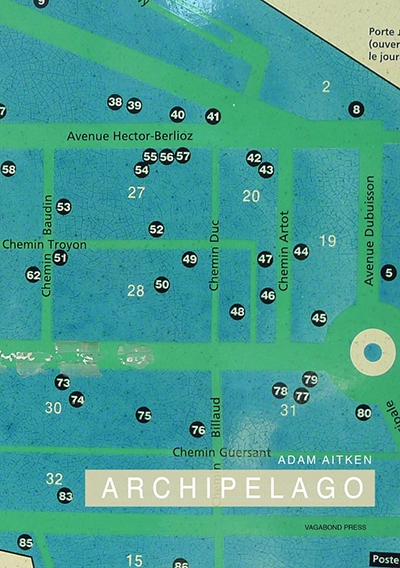Vagabond Press
Running time by Emily Stewart & Inheritance by Nellie Le Beau
Endings & Spacings by Pam Brown & >>> & || (accelerations and inertias) by Dan Disney
Good poetry uncovers the secret in the manifest, and the manifest in the secret. Three new collections throw this paradox into vibrant, unsettling relief. Each book deserves a broad readership. Each beats back the lethargic thinking that has invaded society under the cover of the pandemic.
... (read more)Peter Boyle’s Enfolded in the Wings of a Great Darkness (Vagabond Press, $25 pb, 82 pp) is a book-length elegiac poem dedicated to his partner, the anthropologist Deborah Bird Rose (1946–2018). Unlike other works lamenting the illness and loss of a spouse, Boyle’s collection largely avoids representing the day-to-day demands of suffering from (or caring for someone suffering from) an incurable disease. Instead, Boyle’s poetry sequence offers a more metaphysical approach to the uncertainty and grief that he and his partner faced.
... (read more)Fiona Hile reviews 'Rhinestone' by Ella O'Keefe, 'Metadata' by Amelia Dale, 'end motion/manifest' by Sian Vate, and 'Office of Locutions' by Kate Middleton
All writers need good bookshelves, but the poet, perhaps more than any other writer, is charged with the involuntary dispensation and relentless accumulation of reading material. This is partly due to the proclivities of the producers and partly due to the characteristics of the form itself. As the notable cultural critic Pierre Bourdieu remarked, poetry's effects d ...

